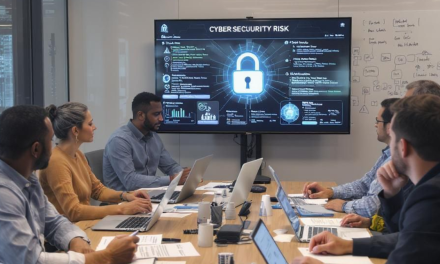Among the 207 respondents representing the region, 39% did indicate plans to implement tighter governance within the next year
In an Oct 2023 survey of 826 IT and cybersecurity leaders around the world (including 207 respondents representing parts of the Asia Pacific region) on the use of generative AI (GenAI) to counter cyber threats, some trends were reported.
First, 55% of the respondents representing APAC indicated they had already implemented or planned to expand their use of (GenAI within the next 12 months to drive both business and security outcomes. This was above the survey’s global average of 52%.
Second, 50% of respondents from APAC indicated using GenAI for customer service, while 41% used it to reduce technology point solutions and streamline their platform approaches; 39% had adopted general AI to reduce manual tasks through automation.
Other findings
Third, the data from APAC respondents indicated that 68% were keen to use GenAI to improve preventive security measures, and 70% indicated aims to leverage GenAI to align IT and cybersecurity goals with broader business objectives.
Also, the survey results reflect a broader trend of caution observed globally, where respondents were still grappling with the challenges of implementing and governing GenAI technologies. At the time of the survey, less than 20% of all respondents worlwide indicated having governance regulations in place for AI use, although 39% of respondents representing the region indicated plans to implement GenAI governance within the next 12 months.
According to Nigel Ng, Senior Vice President (Asia Pacific and Japan), Tenable, the firm that commissioned the survey, while GenAI could offer “rapid analysis of numerous assets, vulnerabilities, cloud misconfigurations, and other datasets to quickly pinpoint risks … and provide critical context that might otherwise be overlooked, effective governance is essential to ensure that GenAI adoption not only drives business and security outcomes, but also complies with ethical standards and regulatory requirements. As organizations accelerate their GenAI adoption, they must also implement robust frameworks to manage the technology’s risks and benefits effectively.”

















